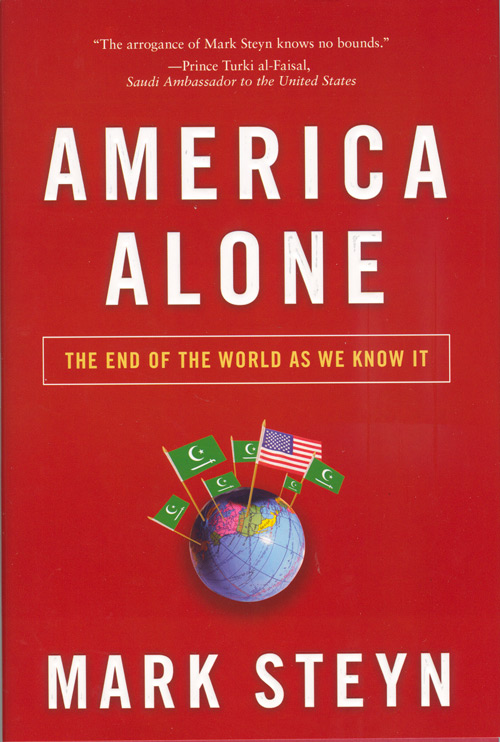Monday, November 01, 2004
POLITICS AS USUAL: THE FUTURE OF ELECTIONS?
As we all gear up for tomorrow's election night bonanza, a smaller initiative--but with substantially more profound effects on voting in Canada--has been released.
The Citizens' Assembly on Democratic Reform out of British Columbia has just overwhelmingly voted (146 to 7) on a proposal that would radically alter the way politicians are elected in B.C.
Before I mention the proposal itself, I shoudl note that the Assembly itself is just as interesting. The Assembly, which was promised in the last election by Premier Gordon Campbell (hey--a Liberal who keeps his promises!) is made up of 160 randomly selected B.C. citizens. Assembly members are a wide ranging group, from a former RCMP officer to a 19 year old UBC student to an acupuncturist. This is as representative a group as it gets.
The proposal recommends that B.C. change its voting system to a "single transferable vote" (or STV) which means you would pick multiple candidates in order of preference. A candidate could basically get elected with 20% of the vote. Each riding would have up to 7 members, depending on its size. The results are expected to mirror the popular vote, meaning that if the NDP received 35% of the popular vote, they would likely receive 35% of the seats in the Legislature.
As Gordon Gibson (who also designed the Assembly) explains in today's Globe:
"B.C. citizens' assembly chairman Jack Blaney said members' top four priorities were local representation, a rough proportionality of party seats to party votes, expanded voter choice and reducing the control of party bosses over the election process and elected MLAs.
STV delivers all of these desiderata better than our current "first past the post" system. The STV system is not widely used — since 1922, Ireland has been the main example. That's because politicians almost always design the electoral system, and politicians don't like this one because it reduces party control. Irish governments have tried twice to do away with theirs; the people have said "No!"
Large parties trying to perpetuate our traditional four-year-elected-dictatorship model don't like the proposed system because it increases the likelihood of minority or coalition governments. But this didn't bother the voters who elected the current government in Ottawa. And minority governments are normal in other developed countries. (Indeed, citizens' assembly members kept returning to the theme that Canada has evolved, and so should our voting system.)"
Andrew Coyne also gives his thoughts on the process. The last word on the whole STV system will be left to the voters of B.C., who will cast ballots on STV in a referendum in the next provincial election, on May 17, 2005. This is one provincial election that could have lasting effects across the entire country.
The Citizens' Assembly on Democratic Reform out of British Columbia has just overwhelmingly voted (146 to 7) on a proposal that would radically alter the way politicians are elected in B.C.
Before I mention the proposal itself, I shoudl note that the Assembly itself is just as interesting. The Assembly, which was promised in the last election by Premier Gordon Campbell (hey--a Liberal who keeps his promises!) is made up of 160 randomly selected B.C. citizens. Assembly members are a wide ranging group, from a former RCMP officer to a 19 year old UBC student to an acupuncturist. This is as representative a group as it gets.
The proposal recommends that B.C. change its voting system to a "single transferable vote" (or STV) which means you would pick multiple candidates in order of preference. A candidate could basically get elected with 20% of the vote. Each riding would have up to 7 members, depending on its size. The results are expected to mirror the popular vote, meaning that if the NDP received 35% of the popular vote, they would likely receive 35% of the seats in the Legislature.
As Gordon Gibson (who also designed the Assembly) explains in today's Globe:
"B.C. citizens' assembly chairman Jack Blaney said members' top four priorities were local representation, a rough proportionality of party seats to party votes, expanded voter choice and reducing the control of party bosses over the election process and elected MLAs.
STV delivers all of these desiderata better than our current "first past the post" system. The STV system is not widely used — since 1922, Ireland has been the main example. That's because politicians almost always design the electoral system, and politicians don't like this one because it reduces party control. Irish governments have tried twice to do away with theirs; the people have said "No!"
Large parties trying to perpetuate our traditional four-year-elected-dictatorship model don't like the proposed system because it increases the likelihood of minority or coalition governments. But this didn't bother the voters who elected the current government in Ottawa. And minority governments are normal in other developed countries. (Indeed, citizens' assembly members kept returning to the theme that Canada has evolved, and so should our voting system.)"
Andrew Coyne also gives his thoughts on the process. The last word on the whole STV system will be left to the voters of B.C., who will cast ballots on STV in a referendum in the next provincial election, on May 17, 2005. This is one provincial election that could have lasting effects across the entire country.
Subscribe to Comments [Atom]
 THE CONSERVATIVE HIPSTERS
THE CONSERVATIVE HIPSTERS












